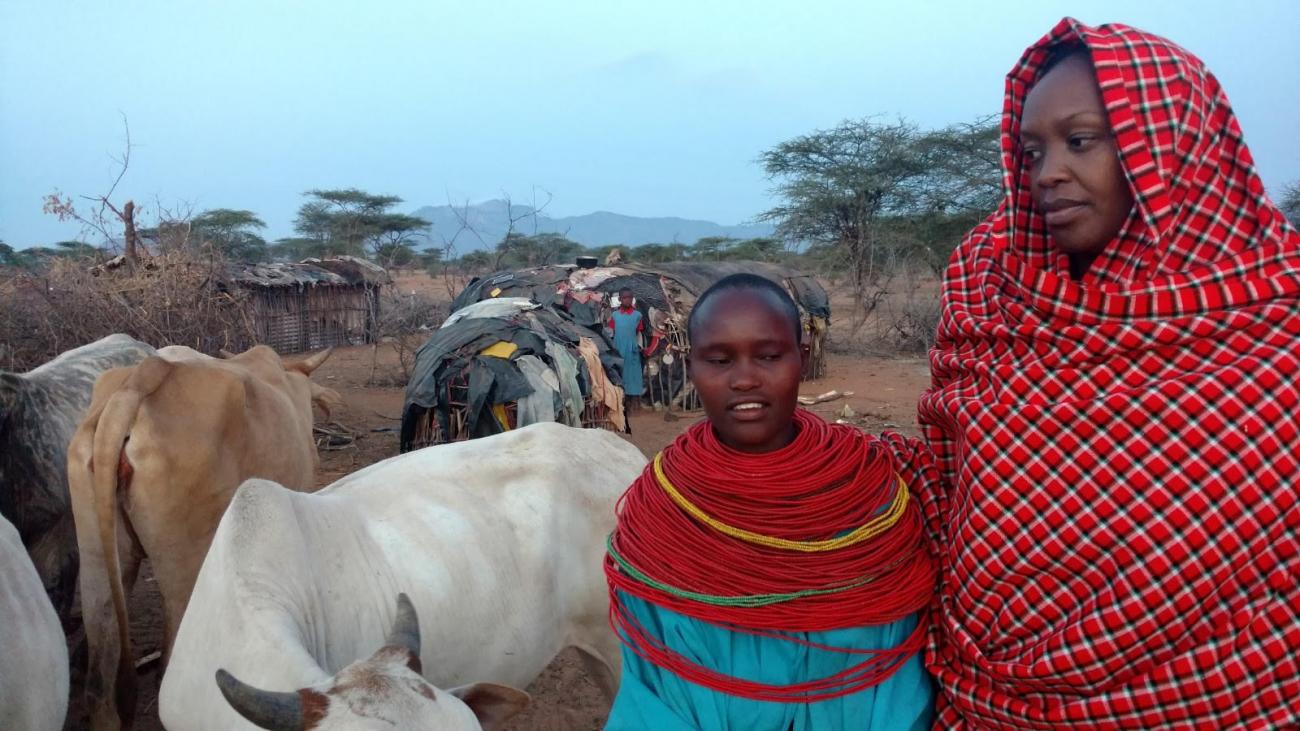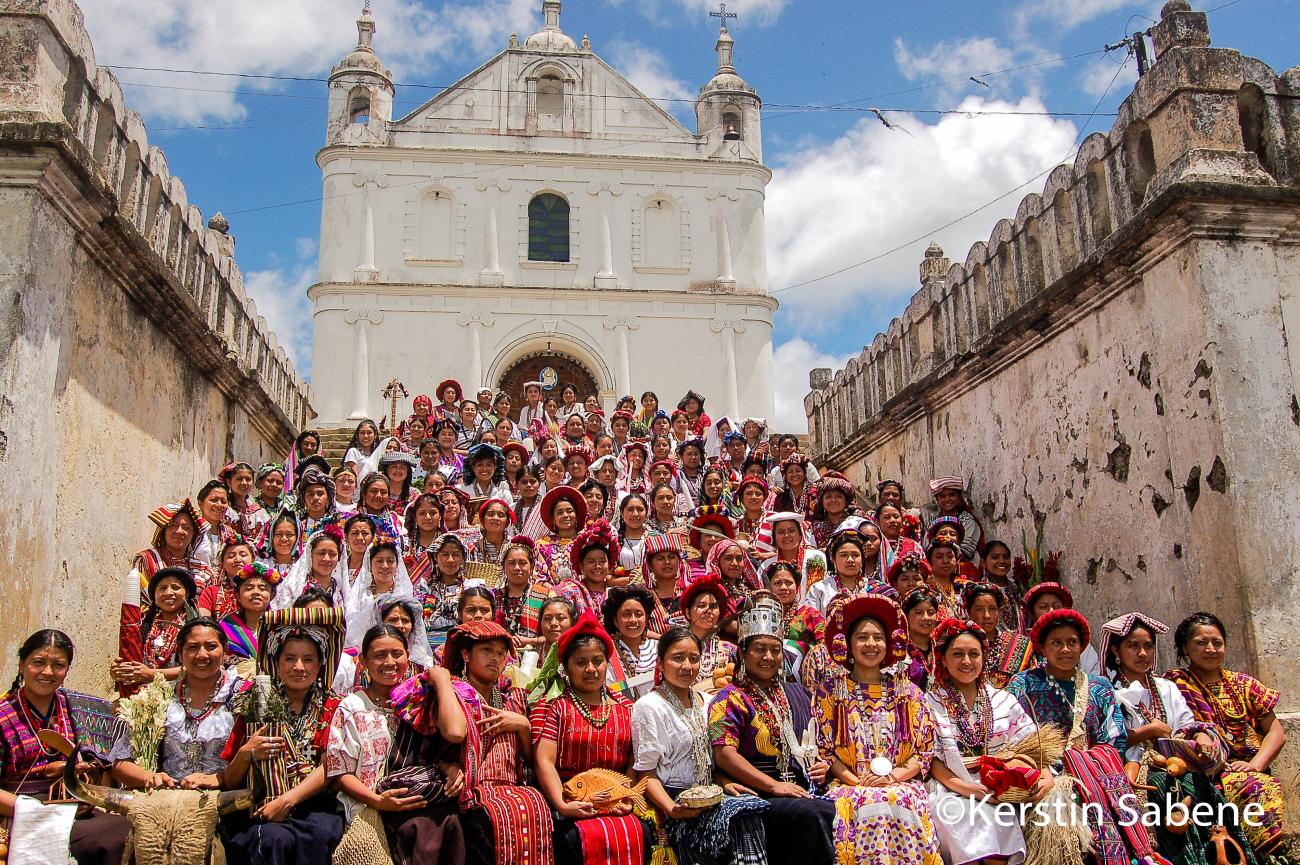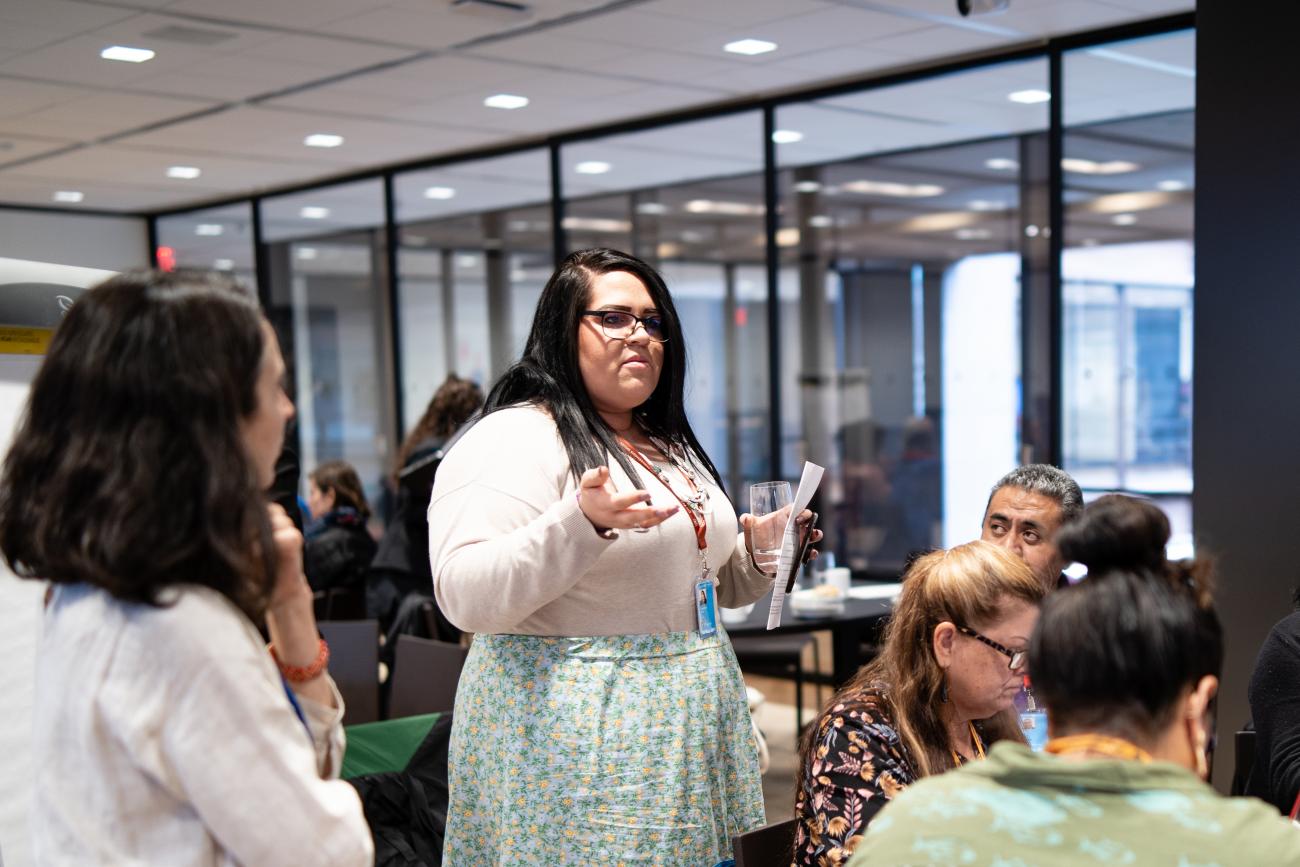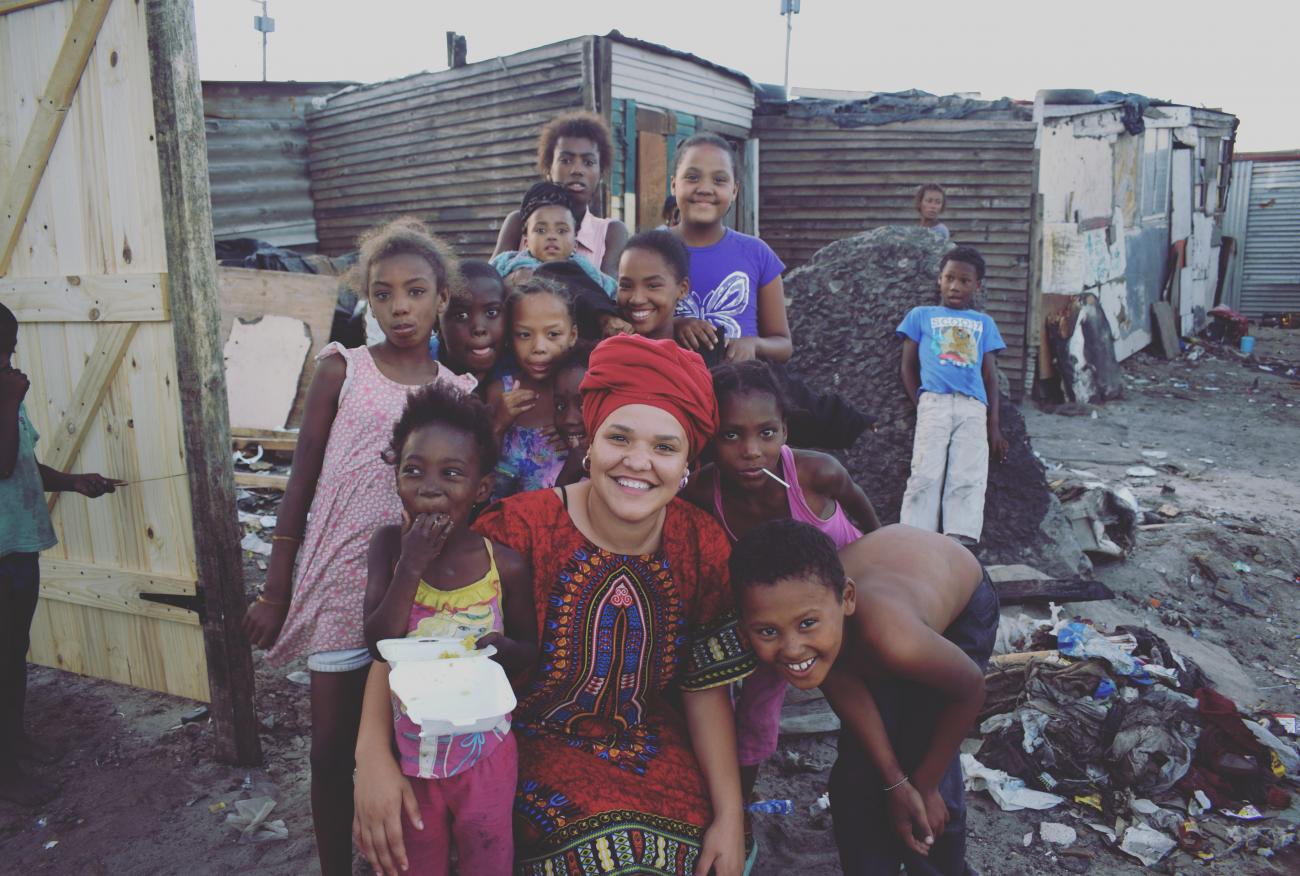Indigenous Women Leading the Way Toward the Future
Indigenous Women Leading the Way Toward the Future
Advocating for Indigenous Women’s Land Rights in Kenya
 ?itok=UX7LhQnK
?itok=UX7LhQnK
Both in law and in systems of administrative land practice, Kenyan women’s land rights are far from being equal to those of men. Kenya Land Alliance (KLA) was founded in 1999 as a membership nonprofit, non-partisan network and registered as an NGO in 2013. The Women’s Land Rights program is a subset of KLA dedicated to the realization of constitutional provisions on women’s land rights as a means of promoting gender equality in line with local, national, regional and global commitments.
Rab’in Ajaw: Celebrating Maya Women as Agents of Change
 ?itok=9WDuZMUc
?itok=9WDuZMUc
At the end of each July in the cloud forested highlands of Cobán, capital of Alta Verapaz, Guatemala (‘the land of true peace’), more than 100 young women from the Maya world gather to celebrate their rich traditions and Indigenous cultures in one of the most unique events of its kind, the Rab’in Ajaw. Translated from Q’eqchi, Rab’in Ajaw means “Daughter of the King.” While the event is nominally referred to as a beauty pageant, it is focused on spiritual beauty, intelligence, leadership skills, and knowledge of cultural and historical traditions.
Indigenizing Philanthropy
 ?itok=DbI-fmhH
?itok=DbI-fmhH
Shekoli swakwe·ku, Daisee ni yukyats. Ukweh·u·wé niʔí. Wakenyʌ́ htʌ niwakiʔtaló·tʌ. Hello, relatives, my name is Daisee Francour. I am a Haudenosaunee woman, a proud member of the Oneida Nation of Wisconsin and turtle clan. My journey to help transform and “Indigenize” philanthropy was one that I did not plan or anticipate. But I do believe the Creator called on to me to work collaboratively with other Indigenous Peoples to transform colonial systems like capitalism, finance, and philanthropy.
The Tale of a Young South African Activist: Shanice Appels
 ?itok=diO1ykwp
?itok=diO1ykwp
For thousands of years, Indigenous (Khoe) pastoralists have occupied Southern Africa. Some of the Khoe clans of South Africa include the Goringhaiqua, Corachouqua, Chainouqua, Cochoqua, Chariguriqua, Hessequa, Damaqua, and the Attaqua, among many others. In 1904, the government reclassified most people of slave heritage, along with many Indigenous Peoples, under the umbrella term “Coloured.” Since the dawn of democracy in South Africa in 1994, many people are now tracing their roots in an effort to reconnect with their Indigenous heritage.
. . . .
https://www.culturalsurvival.org/publications/cultural-survival-quarterly/43-2-indigenous-women-leading-way-toward-future
 ?itok=UX7LhQnK
?itok=UX7LhQnK
 ?itok=9WDuZMUc
?itok=9WDuZMUc
 ?itok=DbI-fmhH
?itok=DbI-fmhH
 ?itok=diO1ykwp
?itok=diO1ykwp